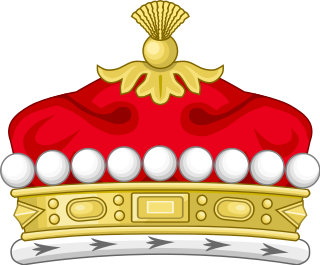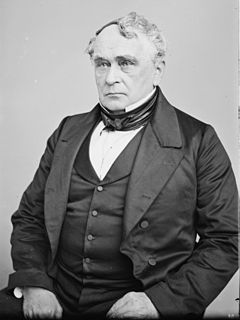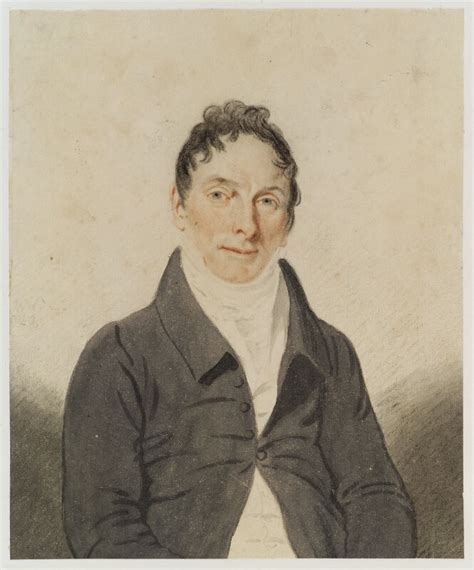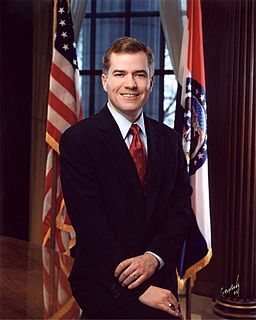A Quote by Lord Hailsham
Political liberty is nothing else but the diffusion of power.
Related Quotes
Liberty is not a means to a higher political end. It is itself the highest political end...liberty is the only object which benefits all alike, and provokes no sincere opposition...The danger is not that a particular class is unfit to govern. ~ Every class is unfit to govern ... Power tends to corrupt, and absolute power corrupts absolutely. Great men are almost always bad men.
Our Founding Fathers well understood that concentrated power is the enemy of liberty and the rights of man. They knew that the American experiment in individual liberty, free enterprise and republican self-government could succeed only if power were widely distributed. And since in any society social and political power flow from economic power, they saw that wealth and property would have to be widely distributed among the people of the country. The truth of this insight is immediately apparent.
While dwelling with pleasing satisfaction upon the superior excellence of our political institutions, let us not be unmindful that liberty is power; that the nation blessed with the largest portion of liberty must in proportion to its numbers be the most powerful nation upon earth, and that the tenure of power by man is, in the moral purposes of his Creator, upon condition that it shall be exercised to ends of beneficence, to improve the condition of himself and his fellow men.
The issue of religious liberty is absolutely critical. America was founded on three different types of liberty: political liberty, economic liberty, and religious and civil liberty. It's remarkable that, one-by-one, these strands of liberty are coming under fierce attack from the Left. And that's particularly ironic because "liberal" derives from a word which means "liberty," the free man as opposed to the slave. This liberalism which we're saddled with today isn't a real liberalism at all, but a gangster style of politics masquerading as liberalism.

































